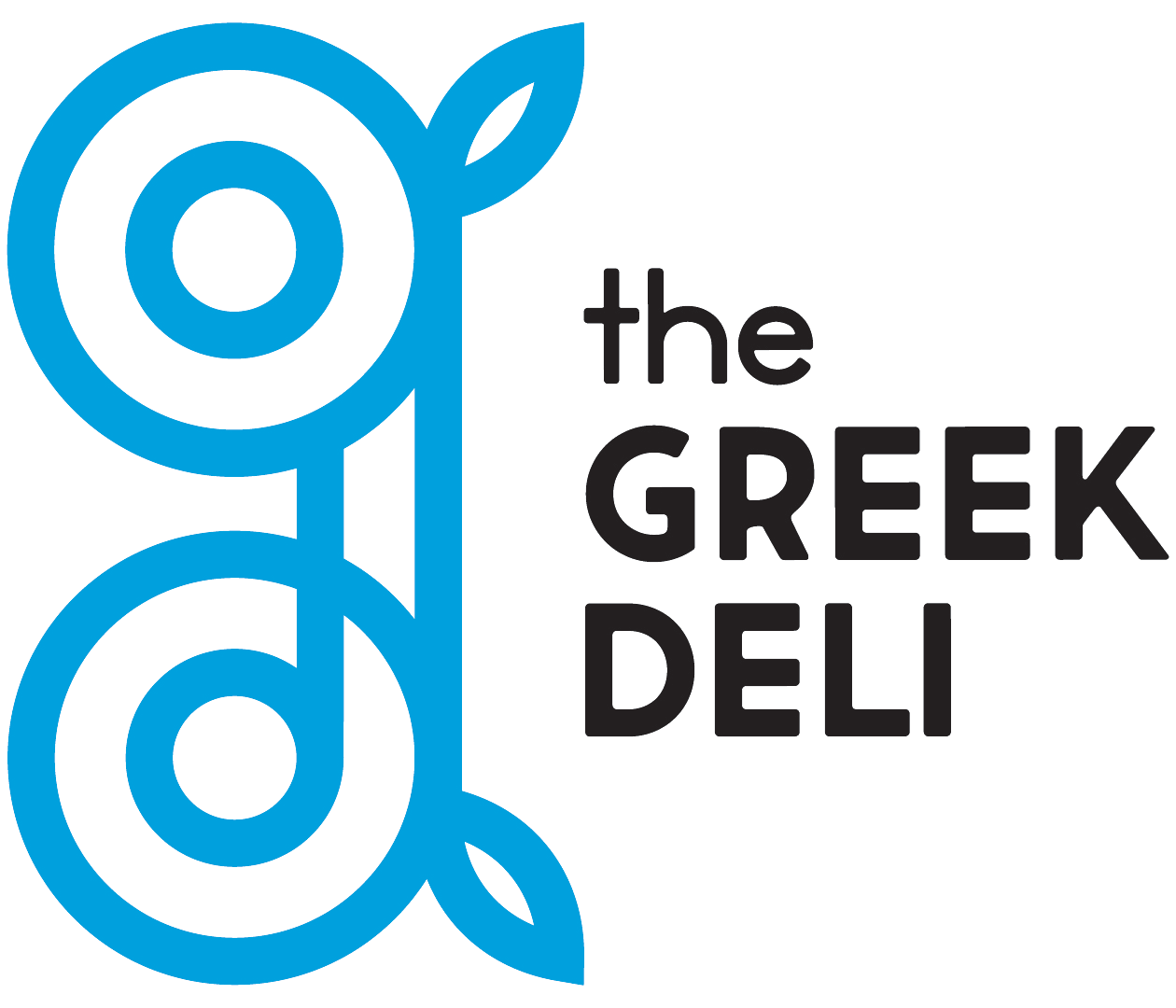Pulses are almost “staple” food in Greek cuisine and a must-try for anyone visiting the country. If you are raised in Greece, pulses are common, “family” dish served up at least twice a week in your typical household. But what are pulses, why are they so important in Greek diet and generally for a healthy living.
WHAT ARE PULSES
Pulses are dried fruit of an entire category of plants who belong to the family of legumes (Leguminosae). They have been named like this due to the characteristic lobe that protects the seed during its formation and maturation. A legume is a plant in the family Fabaceae, or the fruit or seed of such a plant.
Greeks are lucky to be able to grow most of the available pulses. The United Nations Food and Agriculture Organization (FAO) recognizes 11 types of pulses: dry beans, dry broad beans, dry peas, chickpeas, cow peas, pigeon peas, lentils, Bambara beans, vetches, lupins and pulses nes.
ARE PULSES HEALTHY
Pulses tremendously are healthy, nutritious and very easy to cook whilst full of flavour. What is more, it is important to note that other than their beneficial attributes to one’s health, they also promote sustainable agriculture, as pulse crops help decrease greenhouse gases, increase soil health and require less water than the majority of other crops usually grown by farmers.
Some of the commonly known and mentioned nutrients and benefits of pulses are:
- Calcium: Chickpeas and lentils are the richest sources of calcium as they contain 150mg and 130mg per 100g, respectively. Calcium is key for bone development amongst other things.
- Iron: Chickpeas, lentils, kidney beans and other pulses are commonly foods where Iron can be found in abundance. Iron is an essential element for blood production as it is an important component of haemoglobin.
- Dietary fibre: Pulses contain more fibre than any other food group, including cereals. A diet rich in fibre helps in the elimination of excess fat, reduces the risk of heart disease and protect against bowel cancer.
- Proteins: Lentils and pulses in general contain a large amount of vegetable protein, essential for the muscles and body recovery, especially for athletes.
WHERE CAN I FIND PULSES?
Pulses are available widely on the market but if you are specifically looking for the unique, high quality Greek pulses, feel free to click here for more information. Also, if there are specific pulses you are looking for but cannot find in our offered variety online on our brand new website, feel free to drop us an email and we will do the best to either source them for you or guide you to the best possible source.
Why don’t you try adding a meal of pulses to your weekly healthy plan? Feel free to ask your fitness instructor who will most definitely compliment their nutritional effects and recommend them too.
We look forward to hearing your stories and how pulses have improved your diet and daily life.
We’d love to hear your view so do not hesitate to contact us, subscribe to this blog for free, click here to place an order or send us your favourite recipes.
You can also follow our social media profiles on Facebook, Twitter and Instagram!


